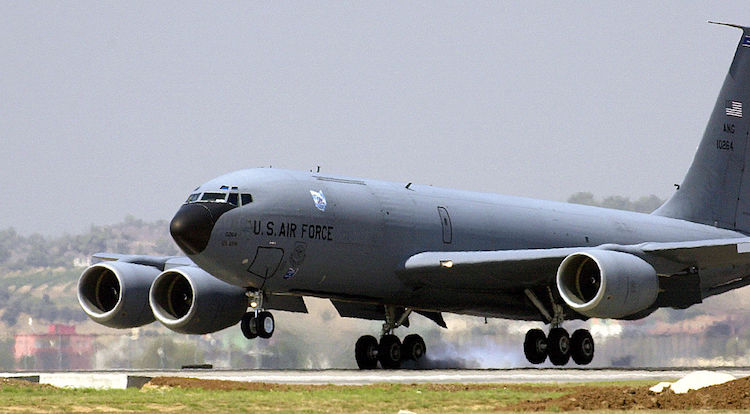By J Nastranis
NEW YORK (IDN) – In a setback for the Group of Four (G4) countries – India, Japan, Germany and Brazil – a decision on the long-pending issue of UN Security Council reform has been postponed to the forthcoming 71st session of the UN General Assembly which begins on September 13.
Speaking on behalf of the G4, Brazil’s Permanent Representative (PR) to the UN in New York, Antonio de Aguiar Patriota described Security Council reform as one of the most pressing issues still pending on the General Assembly’s agenda – since 1992.

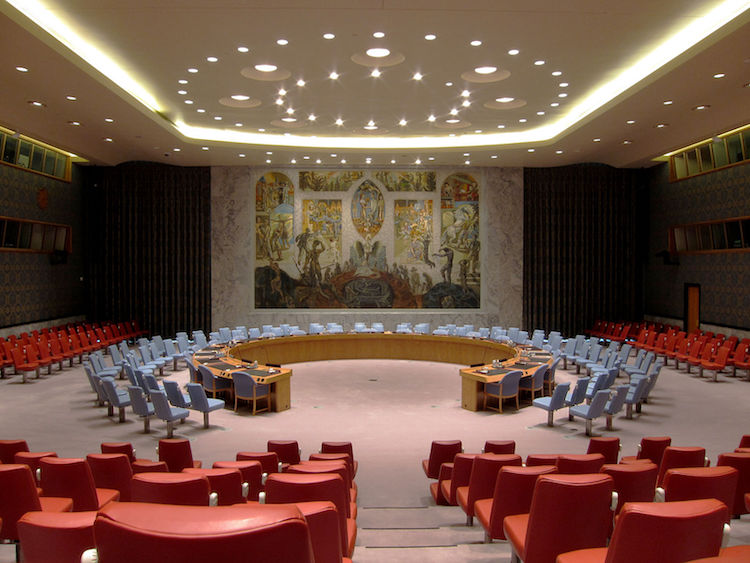
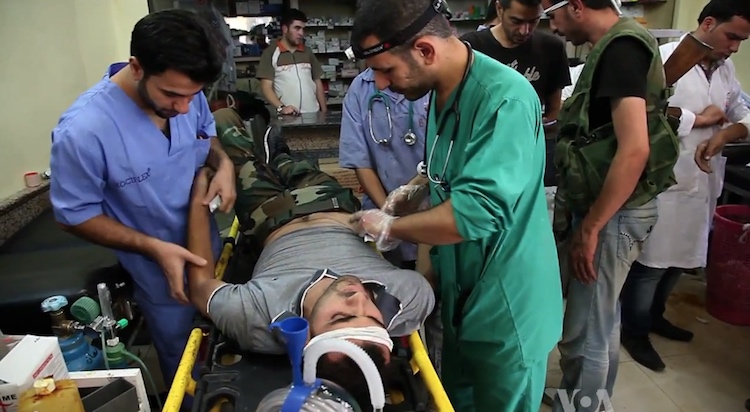


 Women in sport defy gender stereotypes, make inspiring role models, and show men and women as equals. Seeing is one step closer to being.
Women in sport defy gender stereotypes, make inspiring role models, and show men and women as equals. Seeing is one step closer to being.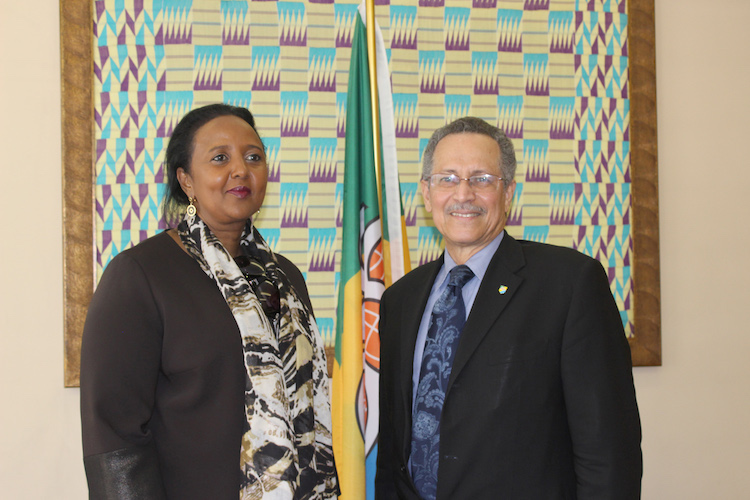
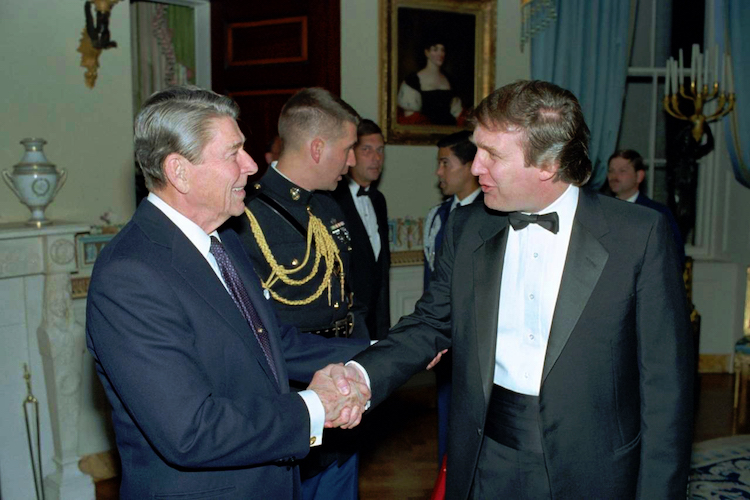
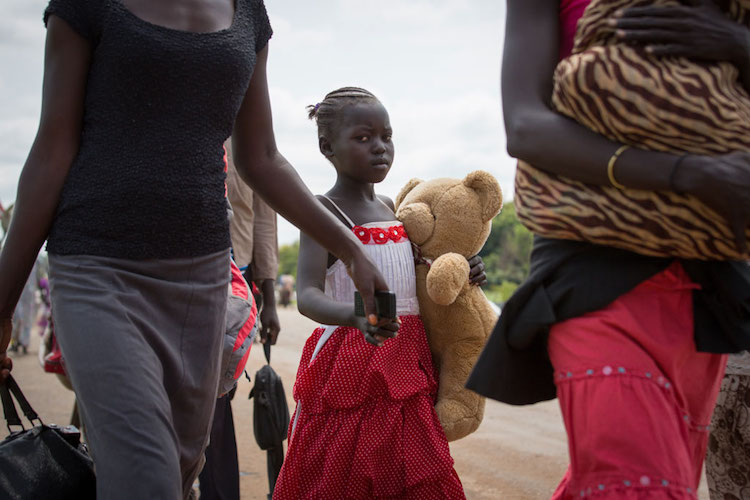
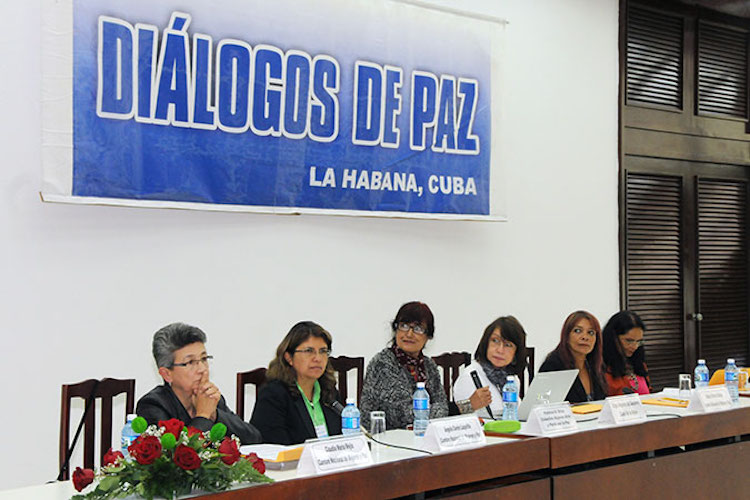
 NEW YORK (IDN-
NEW YORK (IDN-